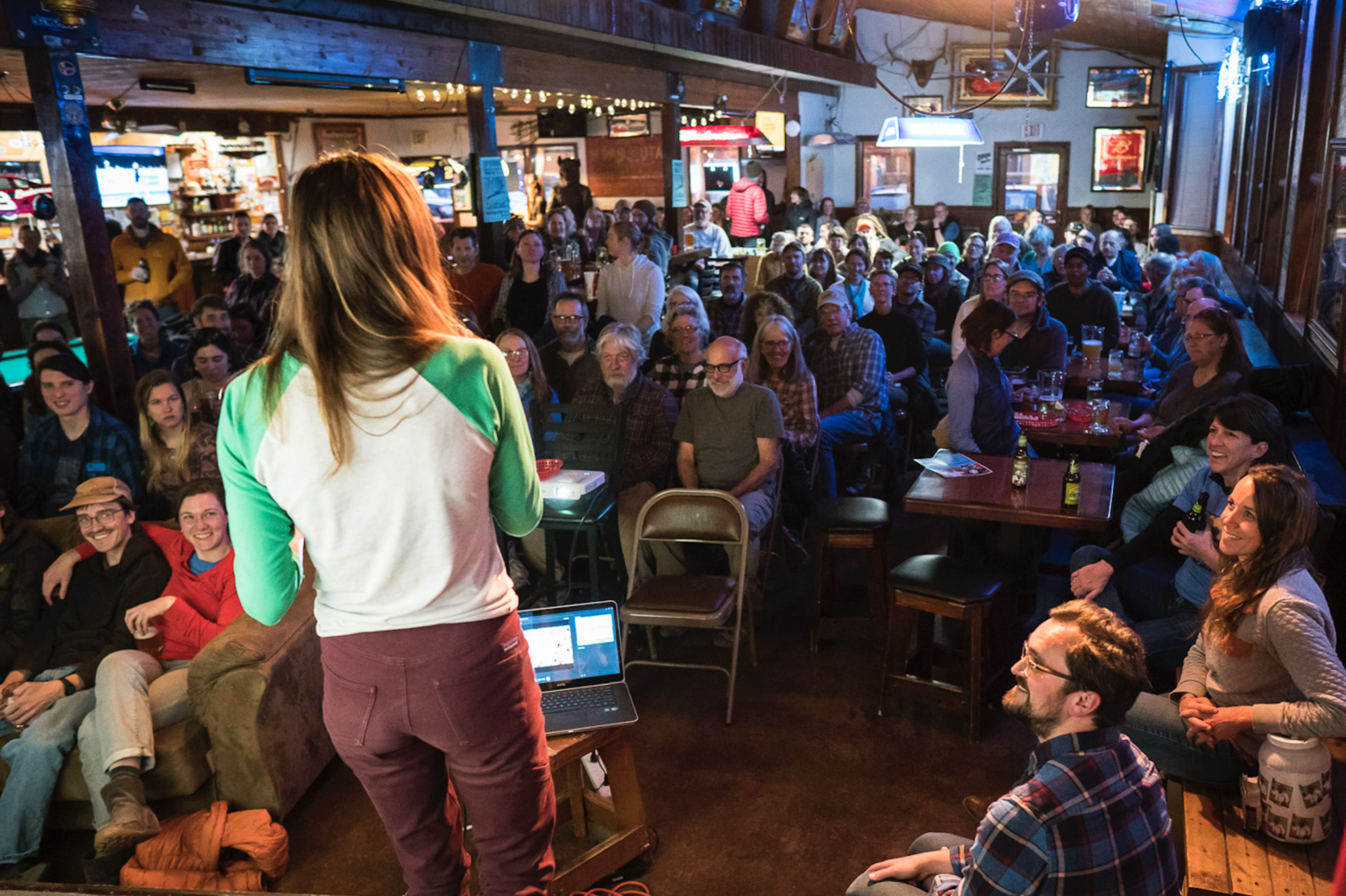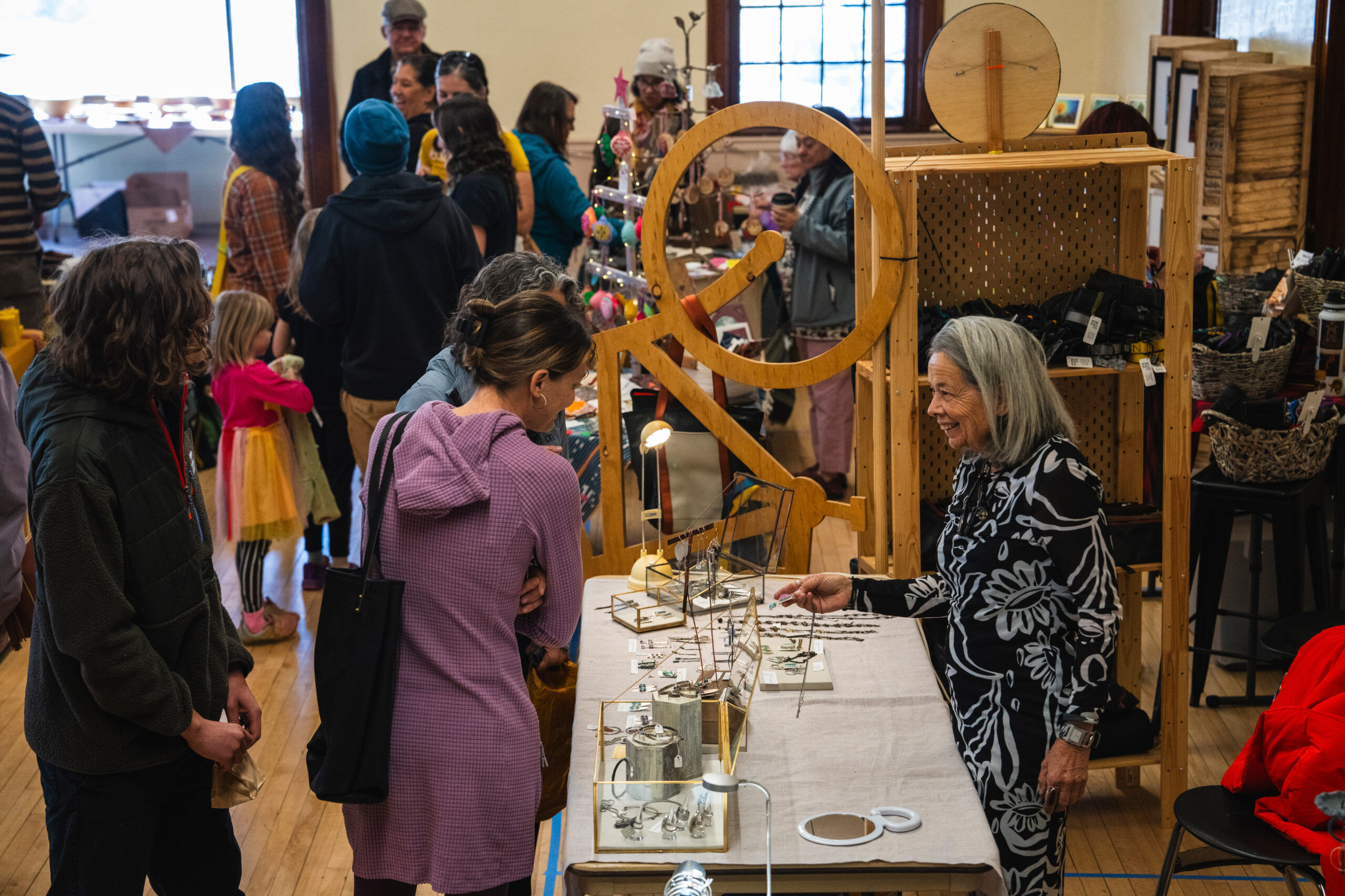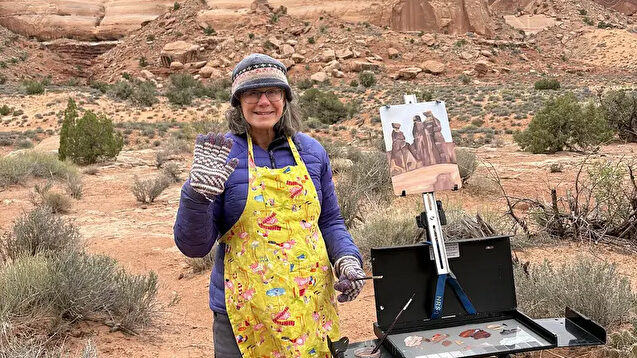Some information may be outdated.
Writer, wilderness guide, and anthropologist Michael Engelhard left Moab in the early 2000s for Alaska. After twenty years living in Fairbanks, Cordova, and Nome, Engelhard has returned to Moab, citing the light, color, smells, archeology, and temperate winters as some of his reasons for returning to the Southwest.
Engelhard has published three books over the past year. On November 26, the author will host an event at the MARC to showcase the award-winning “Arctic Traverse: A Thousand-Mile Summer of Trekking the Brooks Range.” This year, the title received an award from the National Outdoor Book Awards in the Journeys category.
The travel memoir describes the remote northernmost mountain range of Alaska, the Indigenous cultures of the area, and communicates respect and care of the land, all partnered with a story of the rigors of traveling one thousand miles on land and by river.
While many of Engelhard’s recent publications focus on life in the Arctic, he writes that he found his voice among the mesas and canyons of the Colorado Plateau. Following his expedition through the Arctic, Engelhard trekked 40 days through the Grand Canyon, which is detailed in another of this year’s publications, a collection of essays titled “No Walk in the Park: Seeking Thrills, Eco-Wisdom, and Legacies in the Grand Canyon.
Despite his relationship with Canyon Country, he has chosen to focus the author’s event around the Arctic expedition. “Moab folks might appreciate something non-desert-y for a change,” he says. “You probably don’t hear much about the Arctic in this town. But that is where serious stuff is going down these days.” Engelhard views the Brooks Range and the Colorado Plateau as two spiritual homes, sharing similarities as magnificent landscapes and in “the resourcefulness and character of its people, especially its Native peoples.”
The Brooks Range is the world’s largest official wilderness and faces developmental threats, such as the proposed Ambler Road, which would dissect the region and may disrupt migration patterns, fisheries and communities that depend on these resources. Through sharing footage, knowledge and experience, Engelhard hopes to connect folks to the Arctic and inspire people to want to preserve it.
“I would not describe what I’m doing in the outdoors as ‘recreation’—or only, if you take that word literally, as a re-building, recharging, restructuring of the body and soul,” Engelhard says. “Writing is its own form of exploration. It allows me to educate people about the places for which I care while at the same time I hope to entertain.”
The author event at the Moab Arts Center will begin at 5:00 PM and folks will have an opportunity to purchase his recent publications and connect to places and people through Engelhard’s lens.
Appreciate the coverage? Help keep local news alive.
Chip in to support the Moab Sun News.





